Cedric Kulbach
A Retrospective of the Tutorial on Opportunities and Challenges of Online Deep Learning
May 28, 2024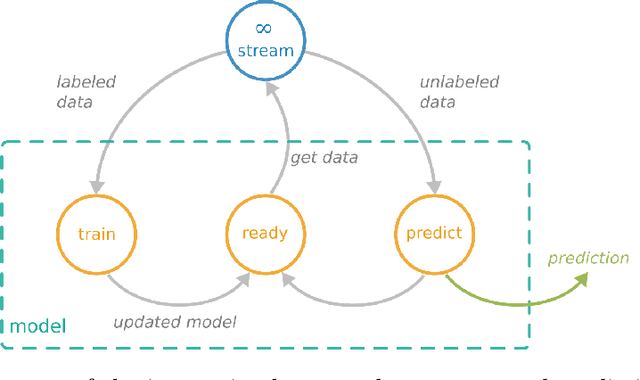


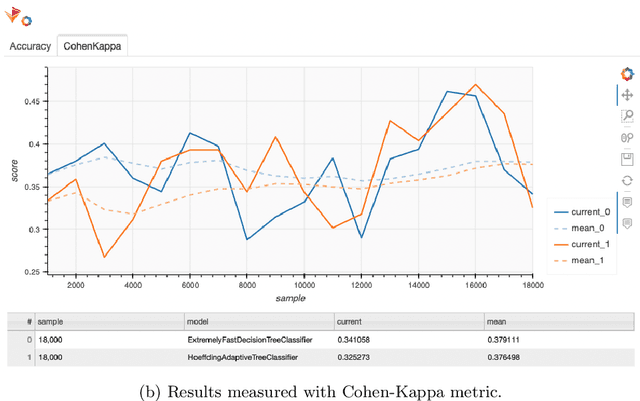
Abstract:Machine learning algorithms have become indispensable in today's world. They support and accelerate the way we make decisions based on the data at hand. This acceleration means that data structures that were valid at one moment could no longer be valid in the future. With these changing data structures, it is necessary to adapt machine learning (ML) systems incrementally to the new data. This is done with the use of online learning or continuous ML technologies. While deep learning technologies have shown exceptional performance on predefined datasets, they have not been widely applied to online, streaming, and continuous learning. In this retrospective of our tutorial titled Opportunities and Challenges of Online Deep Learning held at ECML PKDD 2023, we provide a brief overview of the opportunities but also the potential pitfalls for the application of neural networks in online learning environments using the frameworks River and Deep-River.
TSInterpret: A unified framework for time series interpretability
Aug 15, 2022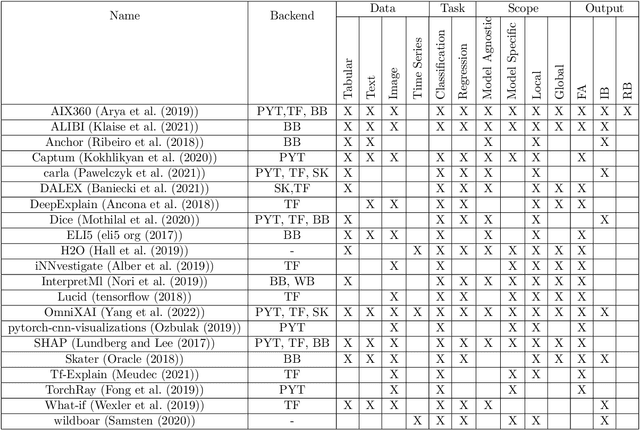
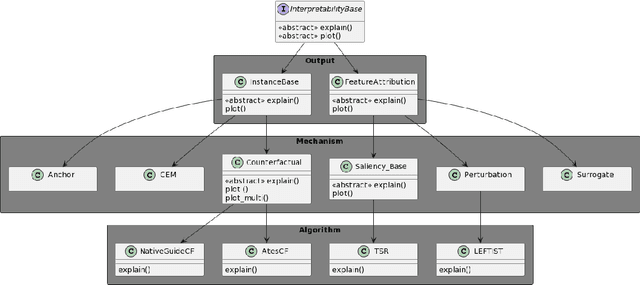

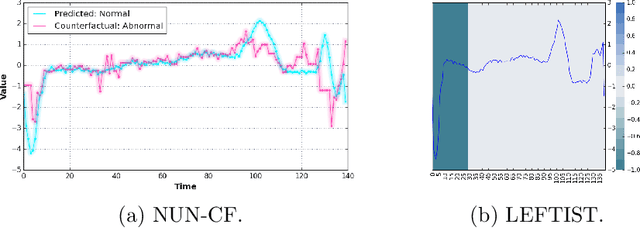
Abstract:With the increasing application of deep learning algorithms to time series classification, especially in high-stake scenarios, the relevance of interpreting those algorithms becomes key. Although research in time series interpretability has grown, accessibility for practitioners is still an obstacle. Interpretability approaches and their visualizations are diverse in use without a unified API or framework. To close this gap, we introduce TSInterpret an easily extensible open-source Python library for interpreting predictions of time series classifiers that combines existing interpretation approaches into one unified framework. The library features (i) state-of-the-art interpretability algorithms, (ii) exposes a unified API enabling users to work with explanations consistently and provides (iii) suitable visualizations for each explanation.
 Add to Chrome
Add to Chrome Add to Firefox
Add to Firefox Add to Edge
Add to Edge